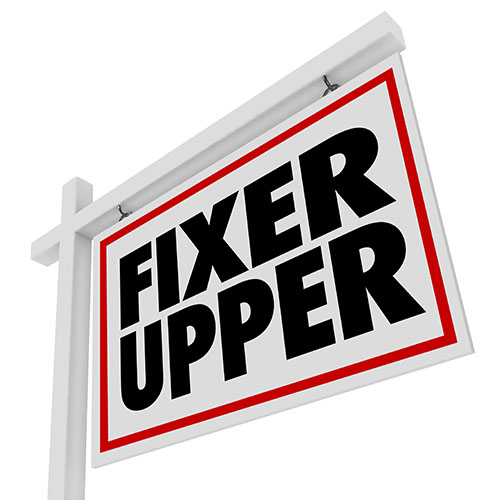Buying Land to Build a New Home On? Don’t Forget These Three Important Considerations
 When most people talk about real estate, they envision buying an already-built house on already-landscaped property. However, buying vacant land and building a new home is a great way to ensure that you get the home that you want in the location that you want.
When most people talk about real estate, they envision buying an already-built house on already-landscaped property. However, buying vacant land and building a new home is a great way to ensure that you get the home that you want in the location that you want.
It’s also a major undertaking, which is why you should take these three considerations into account before you buy any land for your new home.
Location, Location, Location: It’s More Important Than You Think
People often hear the phrase “location, location, location” and it’s a very prudent maxim with buying land. The parcel of land that you buy should be in a good geographic location and on stable ground – which means there shouldn’t be any major water sources nearby (like a swamp) and hills should be minimal. You’ll also want to consider zoning regulations that influence the acreage and other regulations that influence how you can and cannot use the land.
Utility Connections Will Be Your Responsibility
New land tends to not have utilities laid out under or over the ground. If this is the case, you will need to invest in electrical, water, and possibly heat utilities for the home.
This process involves communicating between the municipal government and utility companies so that the proper infrastructure is put in place. These costs and the implementation can be quite a headache depending on how isolated the land is from municipal or regional infrastructure.
Access: Look Up Any Easements on the Land
Many homeowners may not realize how legal access to land can affect their purchase. An easement refers to the legal right of other entities to use your land even though they do not own it. Before you buy land, you and your lawyer should investigate whether or not the land has easements, and whether or not these easements may interfere with your goals for the property.
These are just a few of the major considerations you need to make when you buy land. Purchasing a plot of land is quite a bit more complicated than buying a house, and if you’re not prepared, it can easily turn into a nightmare. When properly planned, though, buying land can give you a great backdrop on which to build the house of your dreams.

 If you’ve expressed any interest in buying a home that you can work on, your real estate agent may present you with one or two fixer upper properties for your consideration. Fixer upper homes can offer good value for certain kinds of homebuyers.
If you’ve expressed any interest in buying a home that you can work on, your real estate agent may present you with one or two fixer upper properties for your consideration. Fixer upper homes can offer good value for certain kinds of homebuyers. Last week’s economic reports included readings from the National Association of Home Builders on housing markets along with Commerce Department data on housing starts and building permits issued. Weekly reports on mortgage rates and unemployment claims were also released.
Last week’s economic reports included readings from the National Association of Home Builders on housing markets along with Commerce Department data on housing starts and building permits issued. Weekly reports on mortgage rates and unemployment claims were also released. If you are looking to buy a home one day but don’t think you are ready just yet, you are not alone. One of the most important tasks that you have to complete involves getting your finances in order.
If you are looking to buy a home one day but don’t think you are ready just yet, you are not alone. One of the most important tasks that you have to complete involves getting your finances in order. If you’re thinking about putting the house on the market, or are simply curious about its value in the current economic atmosphere, it’s essential to get an honest assessment of its value. An overly inflated figure won’t hold up and will only turn potential buyers away.
If you’re thinking about putting the house on the market, or are simply curious about its value in the current economic atmosphere, it’s essential to get an honest assessment of its value. An overly inflated figure won’t hold up and will only turn potential buyers away.